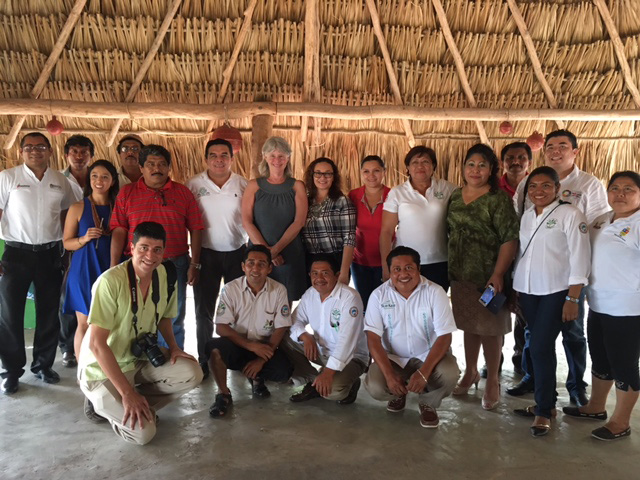Cornell University’s SC Johnson College of Business launches Sustainable Tourism Destination Management Course
Ithaca, NY, December 13 2022 — Cornell University’s SC Johnson College of Business is pleased to announce the launch of a comprehensive 40-hour course “Sustainable Tourism Destination Management.” This dynamic and fully digital course aims to train global hospitality and tourism professionals in using sustainable practices across all areas of the tourism industry. It was developed as a follow-up to the 2019 report from SC Johnson College of Business and the Travel Foundation. The report, Destinations at Risk: The Invisible Burden of Tourism, highlights a gap in fostering the talent, capacity, and leadership needed to manage the greener, more resilient and equitable destinations of the future.
The course is designed for business leaders, urban planners, sustainable development professionals and municipal government employees. It is particularly suited to destination management organisation (DMO) professionals and others working in hospitality, tourism or related fields at national, regional or local levels. Set entirely online, it is available “anytime, anywhere” through the eCornell online platform, offering a challenging and engaging learning experience of the quality you would expect from an Ivy League university. The program provides essential skills and tools that can be applied with immediacy in the workplace, covering areas such as governance, community engagement, impact management, data monitoring, and climate action planning. Graduates who fulfil all course requirements will receive a Recognition of Achievement from Cornell’s SC Johnson College of Business.
“A new generation of thinking is required to move away from simply promoting tourism and creating demand for destinations. Our work on the Invisible Burden, the unaccounted for costs to manage tourism, demonstrates that tourism is frequently undermining the quality of the environment and socio-cultural systems of the people and places where tourism development is the most common, without inclusively building local value chains or investing in the very assets the tourism industry depends on,” said Principal Instructor and Managing Director of Cornell’s Sustainable Tourism Asset Management Program (STAMP), Megan Epler Wood. “Many destinations recognise a different approach is needed, and new forms of management and governance are included in the course
materials. This course will equip up-and-coming destination managers with practical strategies and data management systems to measure and protect their vital social and environmental assets, lower greenhouse gas emissions, incorporate inclusive methods for regional economic development,
and build efficient, resilient destinations of the future.”
To mark the launch of the course, eCornell is kicking off a complimentary webinar series, Sustainable Tourism on a Changing Planet on Dec. 19 at 1pm ET, with course lead instructor Megan Epler Wood, for all those seeking to learn what will be necessary to achieve a more balanced and sustainable tourism economy in the next 20 years.
The course was developed with support and collaboration from the Travel Foundation and the Deutsche Gesellschaft für Internationale Zusammenarbeit (GIZ) on behalf of the German Federal Ministry for Economic Cooperation and Development. At least 1,000 course participants will receive funding to offset the cost of the program and enable greater participation from target countries where affordability might be a barrier. This funding assistance process will be administered by the Travel Foundation. You can register your interest on the Travel Foundation website to be kept informed as this program develops.
“This course provides the foundation that future destination managers will need to tackle the big challenges and increased uncertainty wrought by climate change and deepening imbalance in the visitor economy,” said Jeremy Sampson, CEO of the Travel Foundation. Sound destination management, grounded in the application of practical solutions, is providing hope for alternative approaches that recalibrate the balance and tackle many of those difficult challenges head on. It’s been great to continue our partnership with Cornell and support the process of developing the course content, and to partner with the UNWTO as we identify the 1,000 recipients of funding assistance, who would not have otherwise had the opportunity to enrol.”
To find out more about the course please visit: ecornell.cornell.edu/world-tourism


